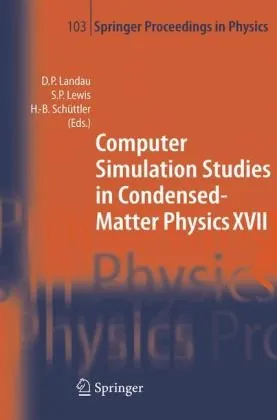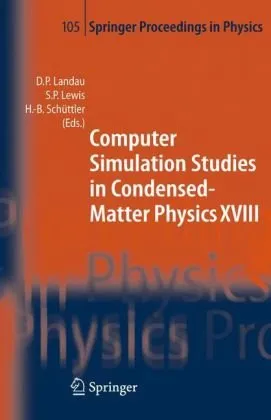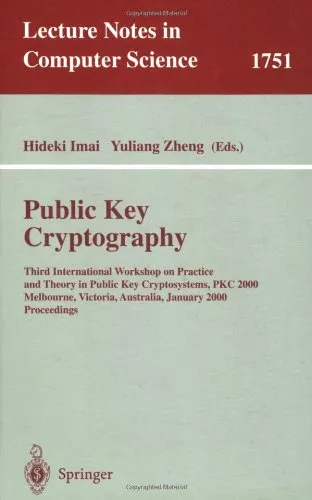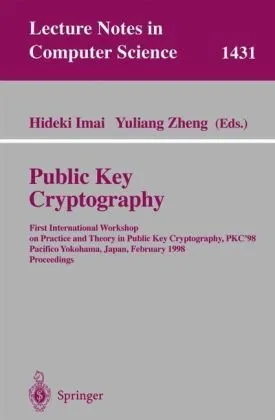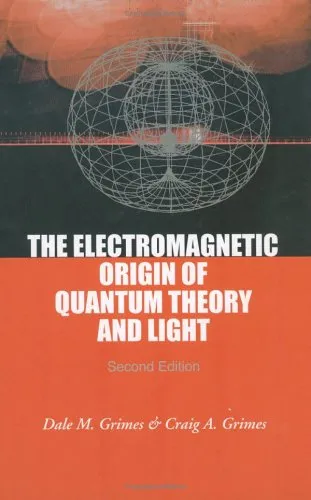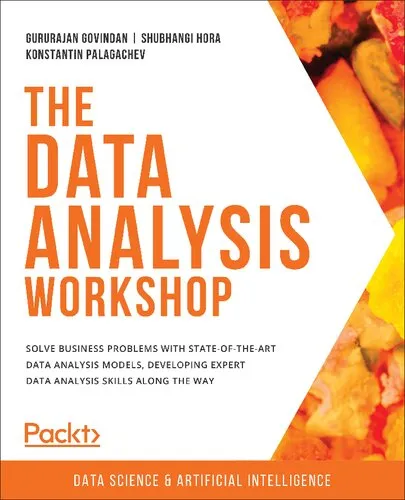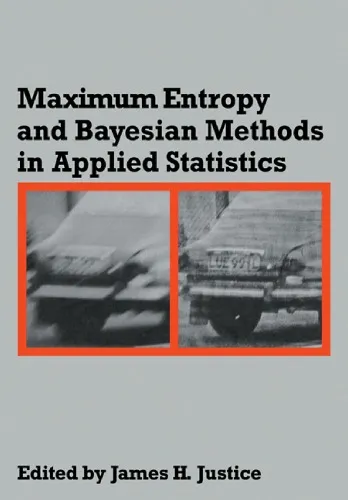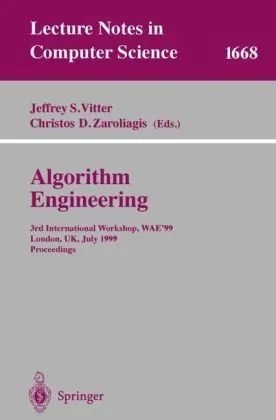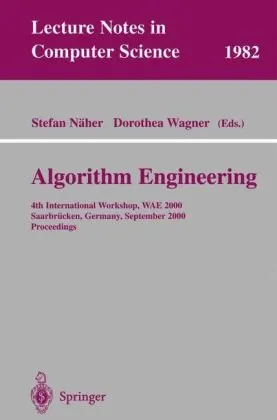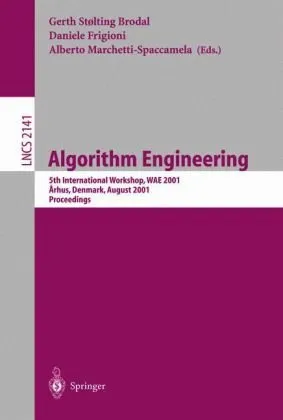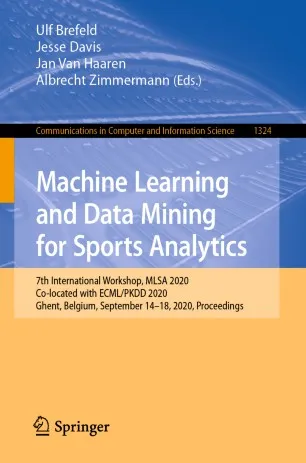Computer Simulation Studies in Condensed-Matter Physics XVI: Proceedings of the Seventeenth Workshop, Athens, GA, USA, February 16-20, 2004 (Springer Proceedings in Physics) (v. 17)
4.0
Reviews from our users

You Can Ask your questions from this book's AI after Login
Each download or ask from book AI costs 2 points. To earn more free points, please visit the Points Guide Page and complete some valuable actions.Related Refrences:
Introduction to the Book
Welcome to the sixteenth volume in the "Computer Simulation Studies in Condensed-Matter Physics" series, an esteemed collection capturing the forefront of research within the realm of condensed-matter physics. This book encapsulates the proceedings of the Seventeenth Workshop held in Athens, Georgia from February 16 to 20, 2004, gathering pioneers and luminaries from various segments of the field.
Detailed Summary of the Book
The volume delves into a rich tapestry of topics underpinning the field of condensed-matter physics, with a specific focus on the advancements and perspectives achieved through computer simulations. The workshop proceedings reflected in this book highlight an array of research trajectories, ranging from classic spin models and phase transitions to the intricacies of quantum simulations and large-scale computational methodologies. Emphasis is placed on methodological advancements in simulation techniques such as Monte Carlo and molecular dynamics simulations, which are crucial for understanding complex physical phenomena.
Each chapter, penned by eminent scientists, not only presents groundbreaking results but also elucidates the theoretical underpinnings and practical challenges faced during the research. These proceedings provide a chronological survey of topics discussed during the workshop, offering insight into both foundational theories and innovative experimental results. This compendium serves as a vital resource for researchers, educators, and students looking to explore the intricate interplay between computational models and physical theory.
Key Takeaways
- Advancements in computational techniques continue to drive the understanding of condensed-matter systems.
- Collaborative efforts between theorists and experimentalists are pivotal in bridging the gap between model predictions and laboratory results.
- Modern simulation techniques are expansive, offering new possibilities for exploring non-equilibrium and quantum systems.
- The versatility of computer simulations is increasingly important in exploring complex systems beyond conventional analytical approaches.
- The continued evolution of computational power and algorithms is opening up unprecedented avenues for scientific inquiry and discovery in condensed-matter physics.
Famous Quotes from the Book
"The realm of condensed-matter physics is vast, yet through the lens of computational mastery, we glean a more coherent understanding of its underlying principles."
"Empirical simulations provide the scaffolding needed to erect new theoretical edifices in the ever-evolving landscape of physics."
Why This Book Matters
This volume stands as a testament to the pivotal role computer simulations play in deciphering the complexities of condensed-matter physics. It underscores the interdisciplinary nature of scientific discovery where computation, theory, and experiment coalesce to advance our understanding of the physical world.
By disseminating the latest developments from a landmark workshop, this book provides a vital academic source that enhances the reader's comprehension of both established and emerging paradigms in the field. Furthermore, it serves as a conduit for fostering future research initiatives and collaborations that will continue to propel the science of condensed-matter physics forward.
Free Direct Download
You Can Download this book after Login
Accessing books through legal platforms and public libraries not only supports the rights of authors and publishers but also contributes to the sustainability of reading culture. Before downloading, please take a moment to consider these options.
Find this book on other platforms:
WorldCat helps you find books in libraries worldwide.
See ratings, reviews, and discussions on Goodreads.
Find and buy rare or used books on AbeBooks.
1266
بازدید4.0
امتیاز0
نظر98%
رضایتReviews:
4.0
Based on 0 users review
Questions & Answers
Ask questions about this book or help others by answering
No questions yet. Be the first to ask!
